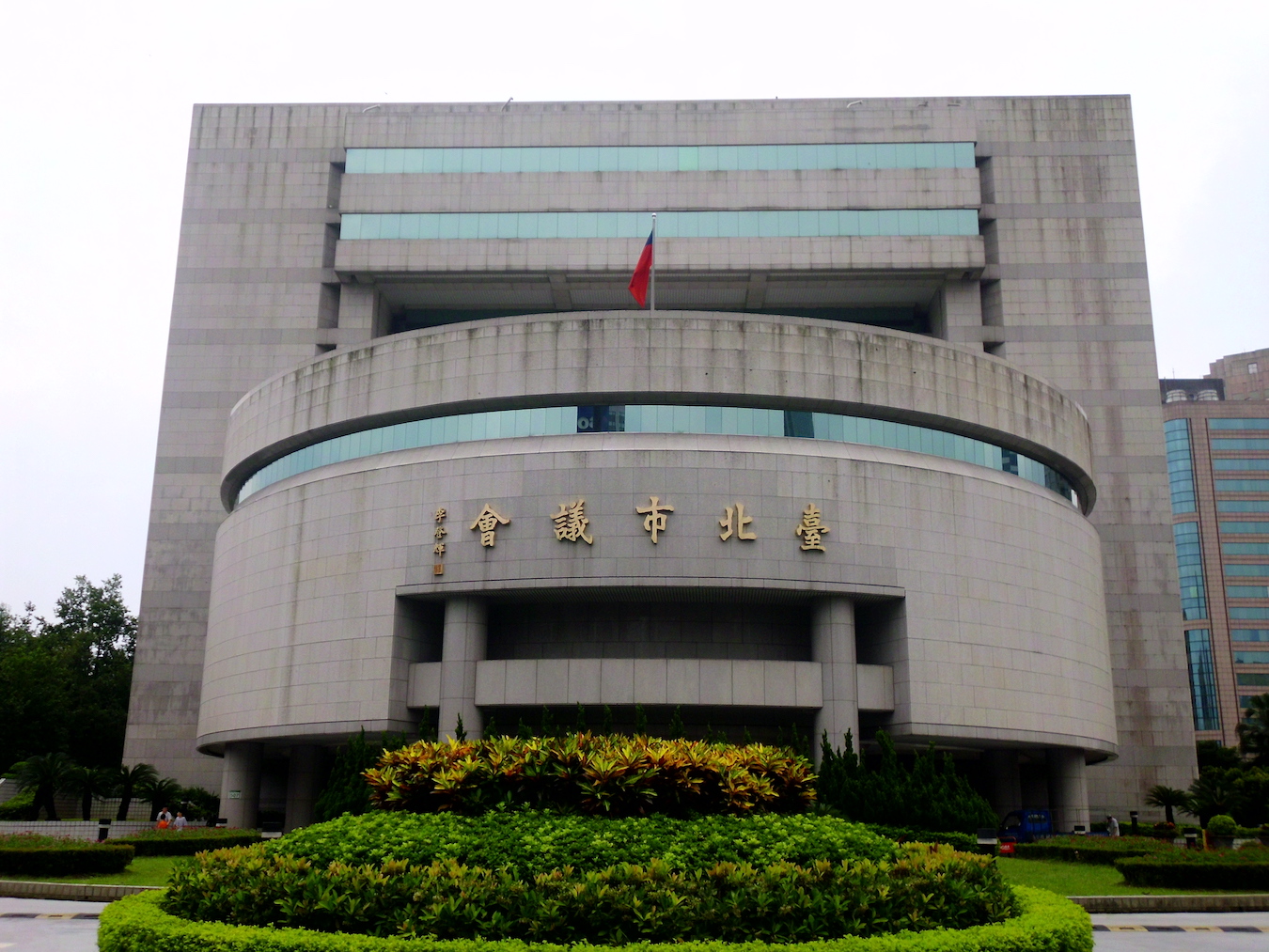by Brian Hioe
語言:
English
Photo Credit: Jrthsr700tmax/WikiCommons/CC
ISSUES OF CORRUPTION continue to be endemic in Taiwanese politics. This can be observed in a number of incidents. In many cases, these charges return to embezzlement or fraud related to loans.
Chiayi city council speaker Chuang Feng-an and deputy speaker Su Tse-feng were convicted on fraud charges by the Chiayi District Court earlier this month for forged contracts regarding a land deal. The two were found to have colluded with land administration officials and real estate agents to forge sales documents for a property in western Chiayi that inflated the value of a property. Both are independents.
Although Chuang and Su purchased different properties, both were found to have used forged contracts to exaggerate the value of properties worth 15 million NT as worth 33 million NT and 34 million NT. The properties were on the same lot.
Both use the forged contracts to take out loans, with Su borrowing a total of 21 million NT from the Lutsao Township Farmers’ Association and Chuang borrowing a total of 19.5 million NT. Consequently, for 40.5 million NT in fraud between the two of them, the two will be sentenced to seventeen months in jail
In an unrelated incident, Taipei city councilor Pan Hwai-tzong of the New Party was sentenced to a two-year prison sentence that can be suspended for five years, and a five-year suspension of civil rights for 3.3 million NT in embezzlement. Funds meant to pay assistants’ salaries and utilities were instead funneled through relatives of the head of Pan’s office, Chen Yu-tai.
Embezzlement by city councilors through such means is not uncommon in Taiwan. City councilors accused of embezzlement of funds intended to pay for assistants include independent Chiayi city councilor Tai Ning and independent Tainan city council deputy speaker Lin Ping-li in 2021, former Keelung city councilor Han Liang-yin, Taichung city councilor Jan Ling-hsuan, and former independent Taipei city councilor Tung Chung-yen in 2022.
 Taipei city council. Photo credit: 象心力/WikiCommons/CC
Taipei city council. Photo credit: 象心力/WikiCommons/CC
There have been a number of such cases of embezzlement of funds meant for assistants by city councilors in past decades. But, likewise, issues of elected officials implicated in corruption over land deals are also commonplace.
Earlier this year, Yilan county magistrate Lin Zi-miao was detained and questioned by police over a development project in Luodong. The project involved a 5 billion NT development project on a 108-hectare plot of land in Luodong that was originally protected. However, the land was later rezoned for agricultural use in 2018, though residential building construction and public infrastructure development were allowed on the plot. Investigators suspected that the process of the plot’s rezoning, as well as related land disputes, could have involved lawbreaking.
Indeed, such corruption cases often involve collusion with relatives. There were allegations with regards to the Lin Zi-miao case as well, seeing as that the purchaser of the plot of land was the son of Lin’s cousin, Lin Shu-mei, a former member of the National Assembly before its abolition and a fellow member of the KMT.
Deeply-rooted issues regarding political corruption in Taiwan often ultimately return to clientelist networks from authoritarian times, which served as an instrument of control for the KMT and a way of expanding and consolidating local power. Yet although the present Tsai administration has sought to take action against corruption, the KMT sometimes alleges that this is political persecution by the Tsai administration against enemies.
Indeed, the KMT recently had an internal scandal regarding corruption charges with regard to its central committee voting. This took place after Hualien county magistrate Hsu Chen-wei and Hualien legislator Fu Kun-chi, who are married, received the first and fourth highest number of votes.
Hsu and Fu are notorious for their reputation for corruption in the KMT, having faced numerous years in jail on corruption charges, allegations of insider trading, and attempting to pay off the media. Hsu Chen-wei’s entrance into politics was to serve as a proxy for Fu, due to jail terms faced by him, with Fu divorcing her to name her deputy country magistrate so she could rule Hualien in his stead after he was jailed on corruption charges.
But though not all cases of corruption are carried out by the KMT, the accusation against the Tsai administration that it is simply targeting opponents has been embraced by individuals facing scrutiny to defend themselves. This may complicate efforts to rein in corruption in Taiwan.

